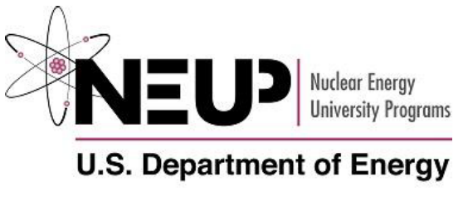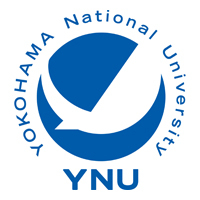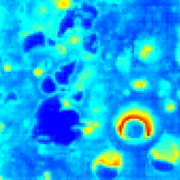
DEVELOPMENT OF EXPERIMENTAL DIAGNOSTICS AND POSTPROCESSING ALGORITHMS
We develop advanced diagnostics and post-processing algorithms to study the physics of two-phase heat transfer. While we are interested in many techniques, Infra-Red (IR) thermography is our primary focus. The implementation of these diagnostics includes the development of new materials and coatings, the characterization of their physical properties, and the development of ad-hoc post-processing algorithms. The modeling of multi-scale, multi-physics phenomena, i.e., combining heat transfer and optics, is key to developing and optimizing these diagnostics.
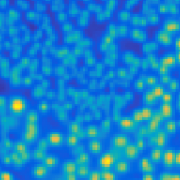 TOWARDS A BETTER UNDERSTANDING OF BOILING HEAT TRANSFER
TOWARDS A BETTER UNDERSTANDING OF BOILING HEAT TRANSFER
We design and perform experiments to shed light on the physics of boiling heat transfer. The list of measured quantities includes but is not limited to: time-dependent temperature, heat flux and phase distributions, onset of nucleate boiling temperature and heat flux in both steady and transient conditions, bubble departure diameter and frequency, nucleation site density, dry area fraction, contact line density, heat flux partitioning, and critical heat flux limits. Leveraging the improved understanding achieved by these experiments, analytical models are developed to provide a faithful representation of boiling heat transfer phenomena.
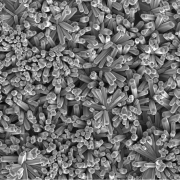 NANOTECHNOLOGIES FOR ENHANCED HEAT TRANSFER PERFORMANCE
NANOTECHNOLOGIES FOR ENHANCED HEAT TRANSFER PERFORMANCE
We use micro- and nanofabrication technologies to enhance the performance of boiling heat transfer systems. Precisely, our focus is to increase the critical heat flux limit in pressurized water reactors (PWR), i.e., in high-pressure (150 bar) flow boiling.
Sponsors and Research Partners



